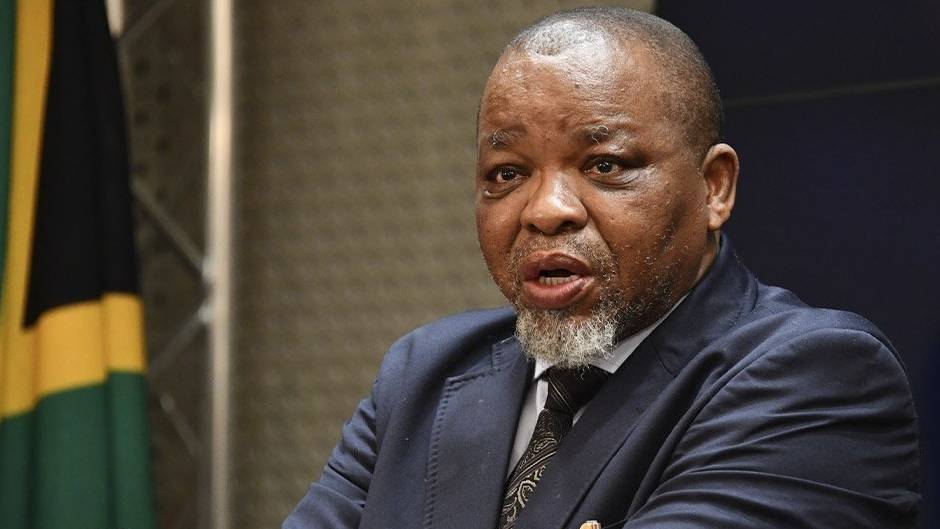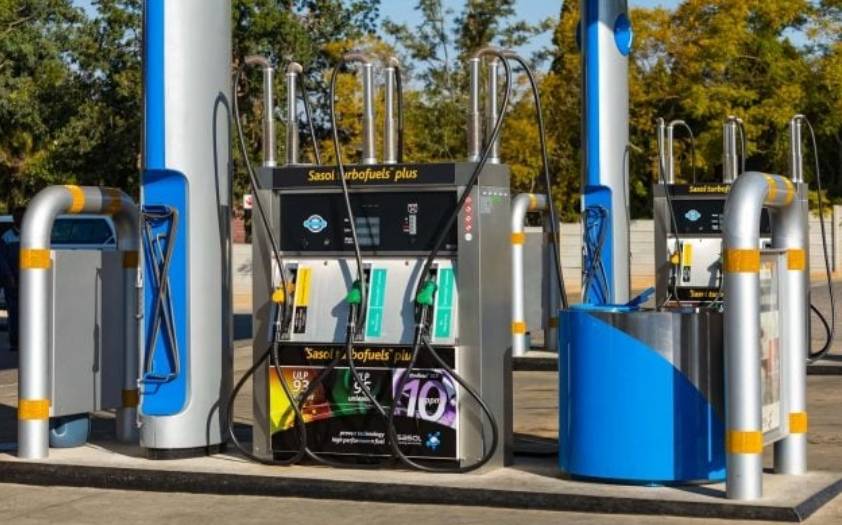The invasion of Ukraine in 2022 shocked geopolitics and the international energy market, showed how vulnerable it is. Under the influence of sanctions, the climate and economic crisis, the global oil market is transforming before our eyes. Now the world community is striving to reduce oil consumption. Solving the aggravated issues in the field of energy and fuel resources will not be easy and will require countries to search for and develop alternative strategies. In turn, this requires technical, financial and geopolitical knowledge, investment and cooperation.
“Nations will need to work with oil and gas companies to recreate the future of energy and how industry and consumers use energy. Royale Energy is ready to help become part of the future of energy in South Africa,” says Mpho Dipela, director of Royale Energy, South Africa’s largest independent oil wholesaler and distributor.
What is the situation in South Africa?
According to the law, which regulates the Strategic Fuel Fund (SFF), South Africa must have sufficient oil reserves to last up to 21 days in the country.
Gwede Mantashe, Minister of Mineral Resources and Energy of South Africa, told Parliament in October this year that the country now has 10 million barrels of crude oil in its strategic fuel reserves.
According to a report by Norton Rose Fulbright South Africa Incorporated, over the past 10 years, domestic supplies of crude oil products have seen minimal growth while demand has continued to grow. This, along with the country’s economic growth, has led to a significant increase in imports of both crude oil and petroleum products.
“In South Africa, we rely on imported crude oil and refined fuels to meet our needs, importing almost 90% of our crude oil. According to the Fitch South African Oil and Gas report, South Africa’s crude oil reserves are limited, so oil production growth will remain dormant,” the minister comments.

“In recent months, Royale has invested heavily in gas and oil, and we have set ourselves the goal of becoming one of the most recognizable African players in this market. We aim to benefit the sector as we strive to provide reliable energy,” says Mpho Dipela.
“Seeing this demand and realizing the need to invest in fuel storage tanks, Royale decided to invest in its own storage facilities. Our warehouse arm of the Royale Energy Group, Royale Terminals, currently consists of two terminal depots located at Klerksdorp and Langlaagt in Johannesburg, with an operating capacity of 15,703 million liters and 8,216 million liters respectively,” adds Dipela.
Long-term sustainability and flexibility of the energy system is critical for South Africa
This opinion is expressed by the management of Royale.
“It is critical to prioritize fuel delivery for our supply chain despite market volatility. As an African energy leader, we are focused on overcoming supply chain challenges. Improving resilience requires operators like us to create comprehensive and effective risk mitigation approaches. For this reason, we have full ownership of our structure, including storage capacity. Royale Energy has invested in a fuel distribution network to create a broad supply chain that helps us supply oil domestically.”
As the oil sector continues to evolve, Gwede Mantashe and Mfo Dipela believe that “South Africa is in an ideal position to not only grow exponentially, but also seize opportunities to further develop our supply chain.”

